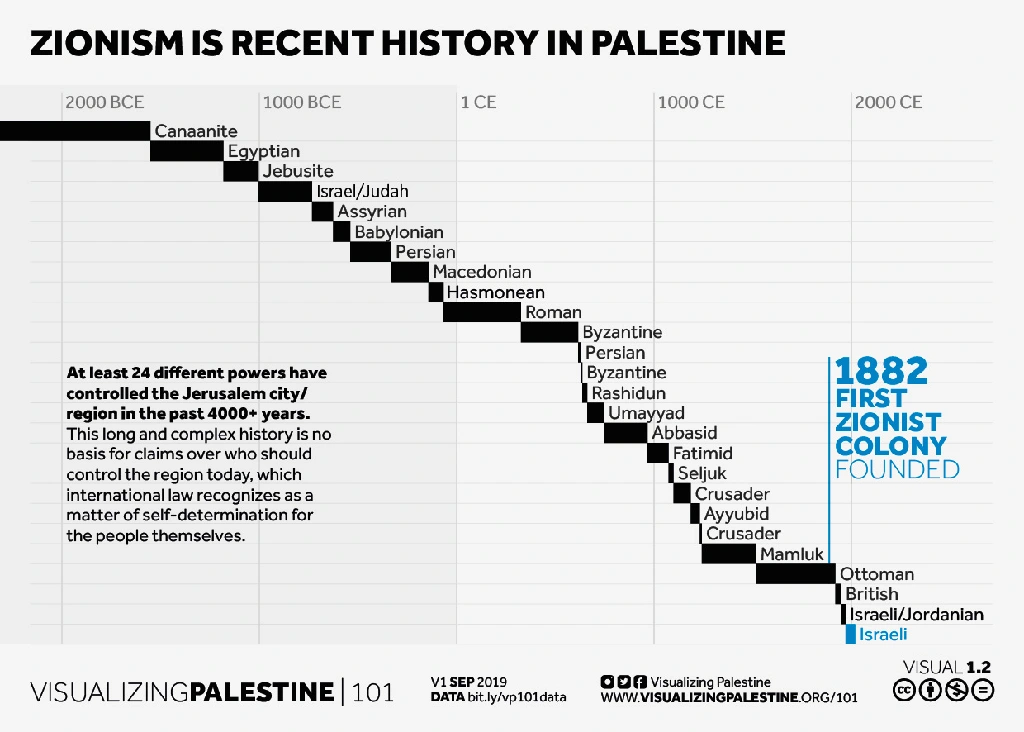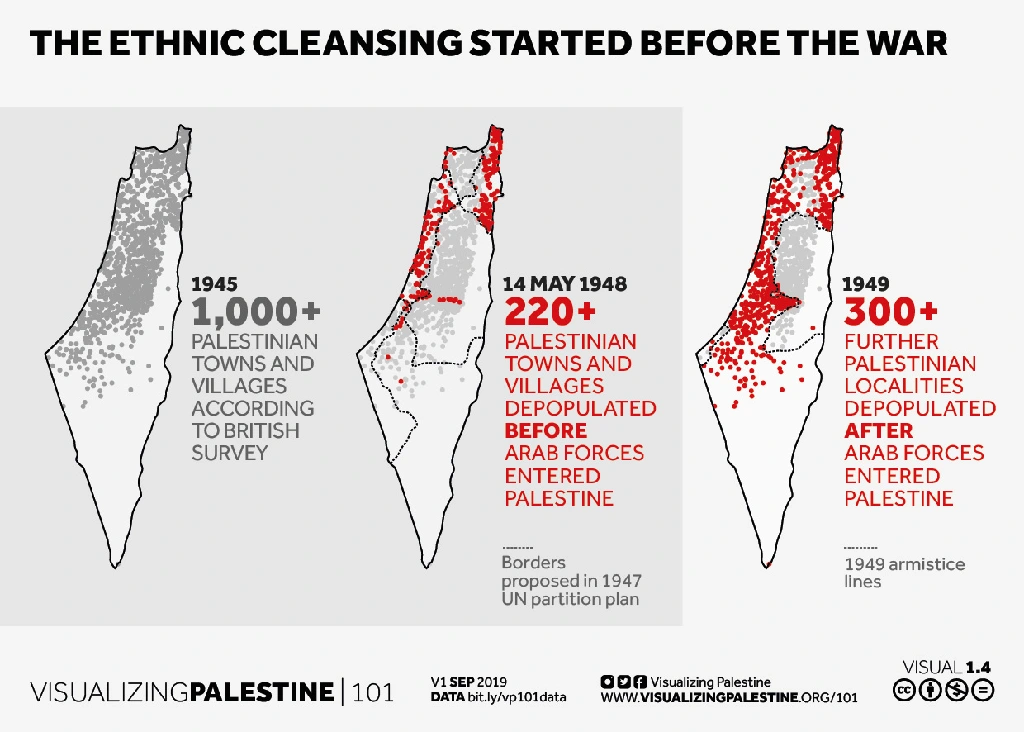The Concept of Transfer 1882-1948
It should not be imagined that the concept of transfer was held only by maximalists or extremists within the Zionist movement. On the contrary, it was embraced by almost all shades of opinion, from the Revisionist right to the Labor left. Virtually every member of the Zionist pantheon of founding fathers and important leaders supported it and advocated it in one form or another, from Chaim Weizmann and Vladimir Jabotinsky to David Ben-Gurion and Menahem Ussishkin. Supporters of transfer included such moderates as the “Arab appeaser" Moshe Shertok and the socialist Arthur Ruppin, founder of Brit Shalom, a movement advocating equal rights for Arabs and Jews. More importantly, transfer proposals were put forward by the Jewish Agency itself, in effect the government of the Yishuv.
The Zionists were tireless in their efforts to shape the Commission's proposals, meeting not only with the Com mission members themselves, but with statesmen, cabinet ministers, members of parliament, and senior officials at the Foreign and Colonial Office with whom the Commission members were likely to consult before formulating their recommendations.15 At these meetings the idea of a popu lation transfer was promoted in conjunction with the parti tion of the country, the partition idea apparently was first suggested by a member of the Commission itself. Professor Reginald Coupland, during a private meeting with Weizmann in Palestine. The prospect of official British recognition- hitherto steadfastly denied-of Jewish sovereignty and state hood, even in only part of Palestine, represented a tremen dous, and at that stage unhoped for, advance for the Zionist movement.
Palestinian Arab Congress advocating for Unified State 1928
Transfer Committee and the JNF led to Forced Displacement of 100,000 Palestinians throughout the mandate.
1929 Riots: Forward and 972Mag
Shaw Commission
Peel Commission Report
Memorandum of the Arab Higher Committee advocating for Unified State 1937
Of course the partition of the country gives me no pleasure. But the country that they [the Royal (Peel) Commission] are partitioning is not in our actual possession; it is in the possession of the Arabs and the English. What is in our actual possession is a small portion, less than what they [the Peel Commission] are proposing for a Jewish state. If I were an Arab I would have been very indignant. But in this proposed partition we will get more than what we already have, though of course much less than we merit and desire. The question is: would we obtain more without partition? If things were to remain as they are [emphasis in original], would this satisfy our feelings? What we really want is not that the land remain whole and unified. What we want is that the whole and unified land be Jewish [emphasis original]. A unified Eretz Israeli would be no source of satisfaction for me–if it were Arab... My assumption (which is why I am a fervent proponent of a state, even though it is now linked to partition) is that a Jewish state on only part of the land is not the end but the beginning.
The Peel Commission, a British inquiry launched following the breakout of the Palestinian strike, officially called for the first time in 1937 for a partition of Palestine into two states. Palestinians widely rejected the plan, as it would involve the transfer of more land, and entail the forcible displacement of some 225,000 Palestinians, compared to 1,250 Jews. Meanwhile, Zionist leadership was split, with some arguing that all of historic Palestine should become the state of Israel.
1936-1939 Revolt: JVL, Britannica, MEE
In 1933 Ghazi took control of Iraq and promoted Nazi Propaganda, leading to targeted attacks against Jewish people and the killing of hundreds of Jewish people in 1941.
Irgun and Lehi terrorist activities against Palestinians and Jewish people in Arab countries.
The Grand Mufti connection to Nazi Propaganda: Time, Haaretz, WaPo
12,000 Palestinians fight against Nazi Germany WWII: Haaretz, JPost



